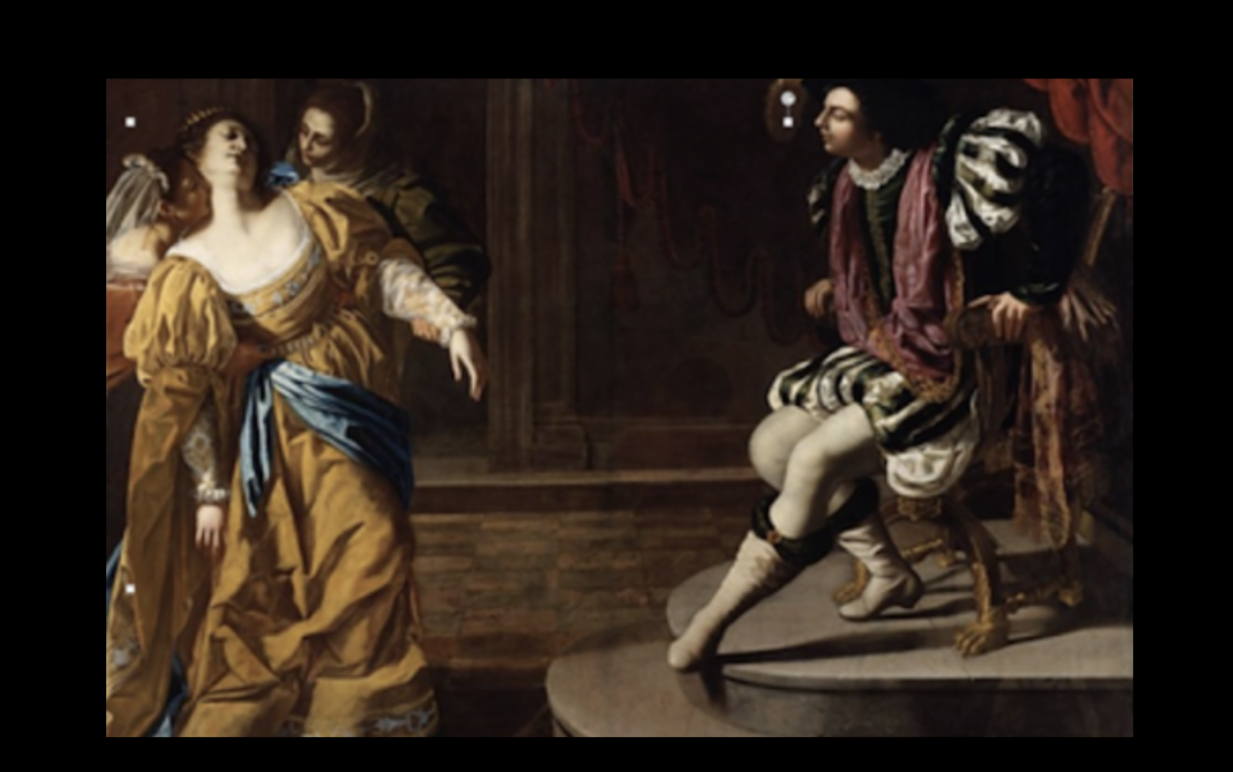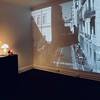Stradella’s Esther Comes to New York
Written in 1673 by the mysterious and turbulent Italian composer Alessandro Stradella (libretto by Leilo Orsini), “Ester Liberatrice del Popolo Ebreo” (Esther, Liberator of the Jewish People) is an oratorio inspired by the Biblical Book of Esther.
According to Jessica Gould, the Artistic Director of Salon Sanctuary and interpreter of the heroine, the book “is part history and part novel. But there is no heavenly figure swooping out of the sky to assure the oppressed population. Events simply follow each other and document the triumph of female intelligence over male rage and pomposity, while no mention of God is ever made.”
“It is a story in which banquets, sexual revelry, court intrigue, gossip, plots and strategy wind their way to the triumph of a clever Jewish queen over a murderous court minister.”
A unique episode, which has even led recent scholars to consider the possibility that it may have been written by a woman.
It’s important, especially in the current hostile political climate here in the US, hostile towards women and minorities, to remember and represent this work about a Jewish feminist heroine, which was realized in a similarly oppressive context.
Stradella, “a violent, volatile, and tragically short-lived genius,” composed his adaptation of the tale in the context of Counter-Reformation Rome, in the midst of the Church’s reactionary movement against the rise of Protestantism, which manifested in the oppression of all minority groups, including Jews, perceived as potential threats to the Catholic Church’s power.
This climate also deeply influenced the art produced at the time. And this work, whose “exquisite but mysterious compositional choices” transport listeners into a world not unlike the one depicted by Caravaggio, is no exception to that influence.
“I’ve always referred to Stradella as the Caravaggio of music,” explains the Director of Stradella Consort Esteban Velardi. “Because of how they were both revolutionaries in their own field, who produced whimsical and inventive masterpieces and also because of their similar tragic fates.” In fact, Stradella, like Caravaggio, was murdered at a young age under dubious circumstances.
His work was innovative, experimental. “He left a mark that has not yet been duly recognized,” continues Velardi, who named his ensemble after the composer as part of his mission to promote the work of this great artist.
A goal also shared by this initiative, which presents a new interpretation of his Esther, whose incomplete manuscripts were carefully integrated to recreate what the original piece, composed by Stradella at the height of his career, would have sounded like.
“It’s always an honor in the current political climate for us working in culture to expand our position as diplomats, exploring new possibilities for international collaboration and bringing neglected music to contemporary audiences and to as many Americans as possible,” Gould comments.
In addition to the performance, a pre-concert talk will take place at the Center for Jewish History (15 West 16 Street) on March 1st at 7:30.
To purchase tickets to the performance see here.





































i-Italy
Facebook
Google+
This work may not be reproduced, in whole or in part, without prior written permission.
Questo lavoro non può essere riprodotto, in tutto o in parte, senza permesso scritto.